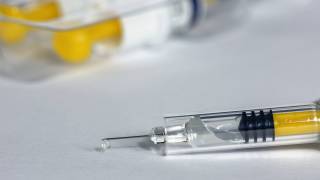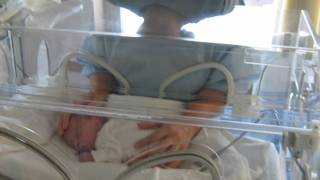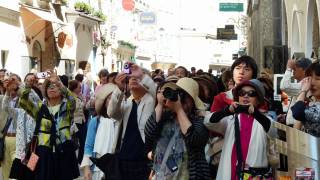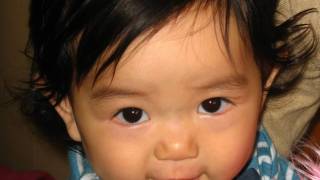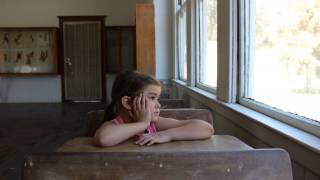30% of Children Unprotected From Rubella
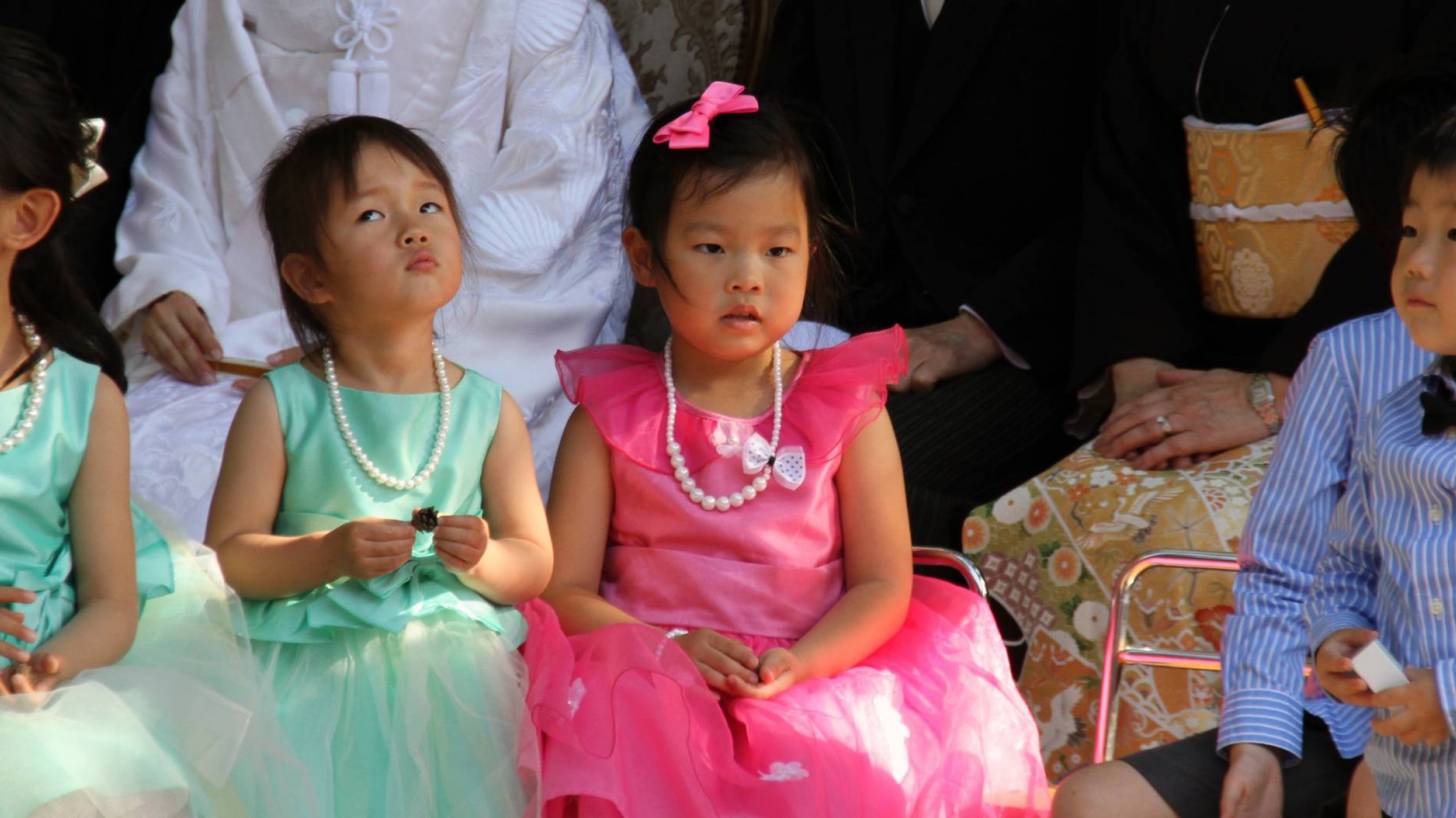
For the first time, more than half of all the world’s infants are protected against the rubella virus, according to a new study by the World Health Organization (WHO) and the United States Centers for Disease Control and Prevention (CDC).
Worldwide, more than 80 countries have eliminated the rubella virus.
This progress has been achieved through broadening access to the safe and highly effective rubella vaccine, which has been shown in studies to prevent more than 95 percent of rubella infections, said the WHO in an October 4, 2019, statement.
For the majority of children and adults, rubella, also known as German measles, is a mild infection, causing little more than a mild fever and a rash.
However, the rubella virus brings immense health risks if a woman contracts it when she is pregnant. About 90 percent of women who get rubella early in pregnancy will pass it on to their unborn babies, says the CDC.
Rubella infection early in pregnancy can lead to miscarriage, stillbirth, or congenital rubella syndrome (CRS) in the baby.
CRS is a condition that includes severe birth defects and lifelong disability, like vision and hearing impairments and heart defects. Deafness occurs in about 66 percent of all those born with CRS.
While there has been significant progress, 26 countries have yet to introduce the rubella vaccine, leaving about 30 percent of children globally without access. Globally, it is estimated that around 100,000 children are born with CRS every year.
As an example, rubella and CRS remain substantive health threats in Japan.
As of September 25, 2019, a new report from Japan’s National Institute of Infectious Disease (NIID) indicates the rubella virus outbreak has reached 2,196 Rubella and 3 CRS cases during 2019.
This new data indicates there were 40 new rubella cases in just 3 weeks.
Furthermore, on October 3, 2019, Health authorities of Kawasaki city in Kanagawa prefecture and Shinagawa-Ku in Tokyo Metropolis issued an alert to inform the general public on potential exposure to measles (rubella).
According to this press release, several confirmed measles (rubella) cases used public transport systems, such as Japan Railways (JR), during a contagious period from September 21 to 25.
To alert international travelers, the US CDC said on August 7, 2019, ‘Pregnant women who are not protected against rubella through either vaccination or previous rubella infection should not travel to Japan during this outbreak.’
This CDC Level 2 Travel Alert is important since approximately 4.5 million USA citizens visit Japan annually.
Additionally, the Public Health Agency of Canada and the UK Foreign Travel Advice recommend ‘pregnant women who are not protected against rubella avoid traveling to Japan.’
>> Check your Rubella immunity at UltaLabs <<
“There is no room for complacency. Even in countries that have eliminated the disease, the job is not yet done. The only way to ensure protection against rubella is to make sure that all children are vaccinated against it, alongside surveillance systems that are strong enough to quickly detect cases and respond rapidly to stop the spread - especially to pregnant women.” says Dr Shalini Desai, an expert in rubella at WHO and author of the report.
In order to eliminate rubella, rubella vaccine must be included in national immunization schedules.
Often this vaccine is given in combination with measles and sometimes mumps vaccines, meaning it can be easily and affordably introduced into existing programs.
In the USA, there are 2 approved rubella vaccines, MMR II-Rubella and ProQuad. Both rubella vaccines are available at most pharmacies.
Since 2000, with support from partnerships including the Measles & Rubella Initiative (comprised of WHO, UNICEF, CDC, American Red Cross and the United Nations Foundation) and Gavi, the Vaccine Alliance, 69 more countries have made the rubella vaccine available to infants in their national immunization programs – bringing the total to 168 of 194 WHO member states.
Rubella vaccines, like any medicine, can produce side effects. You are encouraged to report vaccine side effects to a healthcare provider or the CDC.
Rubella vaccine news is published by Vax-Before-Travel.
Our Trust Standards: Medical Advisory Committee
- Vast progress in reducing rubella, but 3 in 10 children still unprotected against the disease
- WHO South-East Asia Region sets 2023 target to eliminate measles, rubella
- WHO declares countries measles and rubella free
- Potential exposure to measles in Kanto Region (Tokyo Metropolis and its vicinity) 3 October, 2019
- IDWR Surveillance Data Table 2019 week 38
- Maternal Rubella and Its Effect on the Foetus
- Japan’s Rubella Outbreak Remains Risking For Pregnant Women









